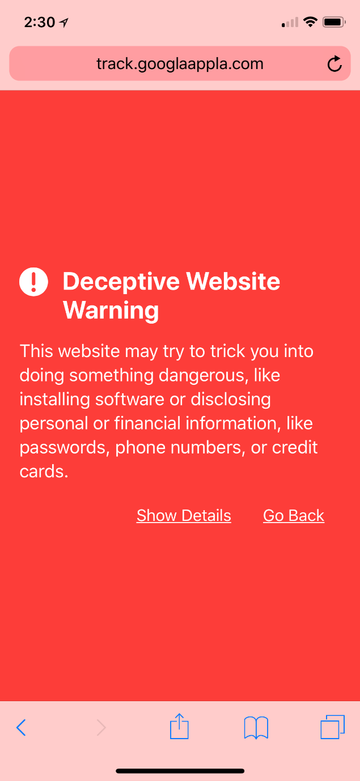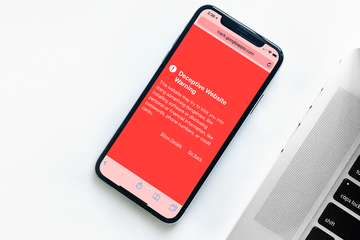Researchers who had a sneak peek at iOS 14.5 beta revealed an interesting feature that relates to handling Google Safe Browsing traffic in Safari.
Acting in line with its increasingly robust privacy practices, Apple is planning to sidestep an element of data harvesting by Google. The beta version of iOS 14.5 reportedly includes a feature geared toward hiding users’ IP addresses from Google when Safe Browsing events occur. This extra measure will only kick in if the “Fraudulent Website Warning” toggle is slid to the “On” position in Safari settings. Doing so will put the search engine’s Safe Browsing technology in effect. This isn’t a new preference in the Safari territory, but with the future release of iOS, it will undergo a significant tweak.

Will this move make a difference?
In every instance of this proactive site safety monitoring, a user’s traffic will be redirected via Apple’s proxy servers before it reaches Google’s infrastructure. As a result, these hits will be interacting with the destination servers as if they all came from the same IP address for all iOS users. Such an approach will keep Google from knowing the real IP of whoever encounters the “Deceptive Website Warning” or “Deceptive site ahead” alert when browsing from Safari on their iDevice. Sounds like a step forward in terms of privacy. But, some argue that it doesn’t make much sense, given the logic of the search giant’s current implementation of this feature.
The thing is, Google already hashes URLs sent from users’ devices during Safe Browsing tests to anonymize them. In other words, it doesn’t keep a record of what sites people try to access. It does amass their IPs at this point. When a stable build of iOS 14.5 goes live, this will change so that the risk of data leaks is reduced considerably.
An ongoing confrontation over privacy
The intention to proxy users’ traffic this way fits the context of Apple’s commitment to improving user privacy. In some episodes, this strategy is at odds with large data aggregates’ online tracking activities. Last year, the iPhone maker introduced the “privacy labels” mechanism requiring that app makers let users know in an unambiguous form what sensitive information their products collect.
There are speculations that Google has reacted to this initiative by holding off updates of its iOS apps, including the hugely popular Google Maps and Gmail, since December 2020. It looks like major players in this arena will have to look for a trade-off going forward.
